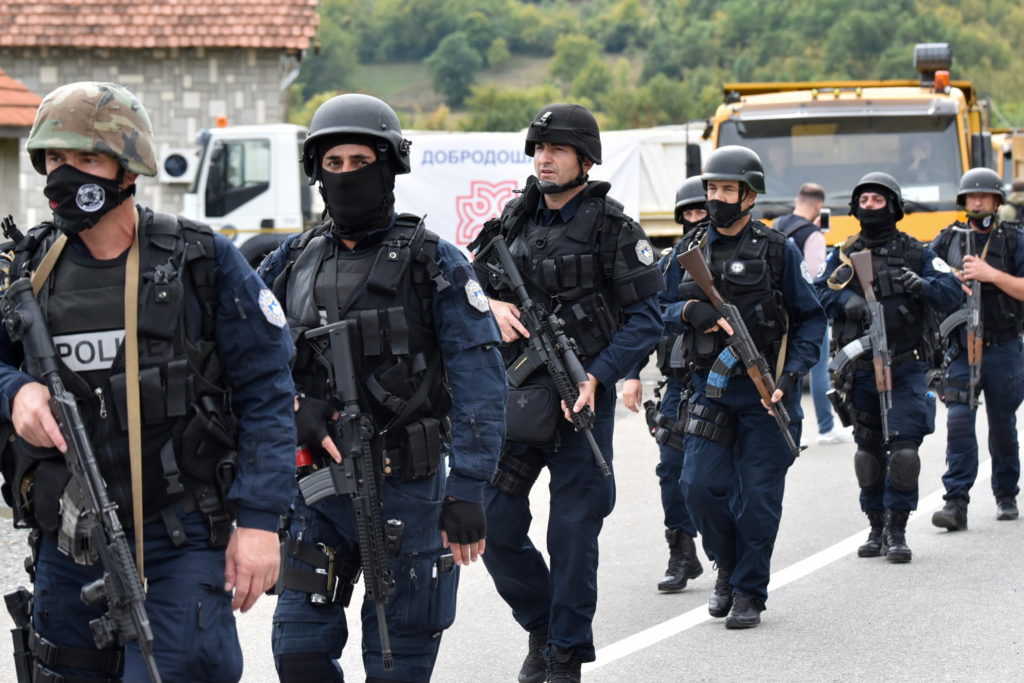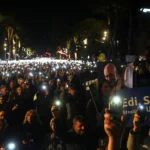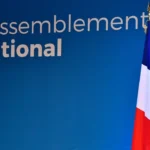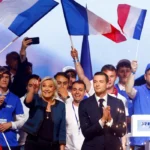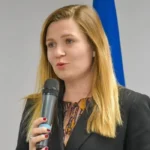(Pristina) Kosovo parliamentarians, engaged in a war of words, clashed in a brief scuffle on Thursday during a heated debate over measures to defuse tensions in the country’s northern Serb enclaves.
The row erupted when Prime Minister Albin Kurti addressed parliament and was doused in water by a rival parliamentarian. This gesture sparked a brief and chaotic brawl, with lawmakers jostling each other. No injuries were reported as a result of this incident.
The Kosovo parliament is no stranger to this kind of heated debate. During his years in opposition, Mr Kurti gained notoriety for throwing tear gas canisters during parliamentary sessions, forcing MPs to don gas masks as toxic smoke engulfed the hemicycle.
Thursday’s clash comes as Mr Kurti pledged to defuse tensions in northern Kosovo, where pressure has been mounting since his government’s decision to install ethnic Albanian mayors in four Serb-majority municipalities, last May.
The decision triggered one of the worst episodes in the history of tensions in the north of the country for years, with demonstrations, the arrest of three Kosovar policemen by Serbia and a violent riot of Serb demonstrators which did more 30 casualties among NATO peacekeepers.
Opposition parties in Kosovo have been increasingly critical of Mr Kurti’s handling of the crisis and have accused the prime minister of undermining Pristina’s relations with a range of Western allies.
Mr Kurti is due to meet Serbian President Aleksandar Vucic in Brussels next week, where both sides are under heavy pressure from the European Union to reduce tensions.
The conflict in the north is just the latest in a long list of incidents that have rocked the region since Kosovo declared independence from Serbia in 2008, nearly a decade after the forces of the NATO helped repel Serbian troops from the former province during a bloody war that left an estimated 13,000 dead.
Belgrade, along with its main allies China and Russia, refused to recognize Kosovo’s independence, thus barring it from a seat in the United Nations. Kosovo is overwhelmingly populated by Albanians, but in the northern parts of the territory, near the border with Serbia, Serbs remain in the majority in several municipalities.
This article is originally published on .lapresse.ca

